 Welcome
Welcome
“May all be happy, may all be healed, may all be at peace and may no one ever suffer."
- A
- B
- C
- D
- E
- F
- G
- H
- I
- J
- K
- L
- M
- N
- O
- P
- Q
- R
- S
- T
- U
- V
- W
- X
- Y
- Z
Cesonide 80mcg / actuati...
Cesonide 160mcg / actuat...
Solution for Inhalation - Brands
A solution for inhalation is a liquid medication that is designed to be delivered directly to the lungs through inhalation. It is typically used to treat respiratory conditions, such as asthma, chronic obstructive pulmonary disease (COPD), and bronchitis.
The solution for inhalation is typically delivered using a nebulizer or inhaler. A nebulizer is a machine that converts the liquid medication into a fine mist that can be inhaled through a mouthpiece or mask. An inhaler, on the other hand, is a handheld device that delivers the medication in the form of a spray or powder.
The medication in a solution for inhalation can vary depending on the specific condition being treated. Some common medications used in inhalation solutions include bronchodilators, corticosteroids, and anticholinergics. These medications work to open up the airways, reduce inflammation, and improve breathing.
To use a solution for inhalation, you should follow the instructions provided by your healthcare provider or the product label. This typically involves measuring the correct dose of the medication, pouring it into the nebulizer or inhaler, and inhaling the mist or spray. It is important to clean the nebulizer or inhaler after each use to prevent contamination and ensure proper functioning.
If you have any questions or concerns about using a solution for inhalation, you should talk to your healthcare provider or pharmacist. They can provide guidance on how to use the medication safely and effectively, and can help you determine if this is the best treatment option for your respiratory condition.
How to use Solution for Inhalation?
A solution for inhalation is a medication that is inhaled into the lungs through a nebulizer or other inhalation device. Here are some general steps to follow when using a solution for inhalation:
- Wash your hands thoroughly to avoid any contamination of the medication.
- If necessary, assemble the nebulizer or inhalation device according to the manufacturer's instructions.
- Open the medication vial or ampule and pour the prescribed amount of the solution into the nebulizer or inhalation device.
- Connect the nebulizer or inhalation device to a power source or air compressor, if required.
- Position the nebulizer or inhalation device properly and place the mouthpiece in your mouth or the mask over your nose and mouth.
- Inhale the medication slowly and deeply through the mouthpiece or mask, as directed by your healthcare provider. Exhale slowly through your mouth or nose.
- Continue to inhale the medication until the solution is completely used up or as directed by your healthcare provider.
- Clean and disinfect the nebulizer or inhalation device as directed by the manufacturer's instructions after each use.
- Store the medication as directed, in a cool, dry place away from direct sunlight, heat, and moisture.
It's important to follow the medication instructions carefully and use the solution for inhalation as directed. If you have any questions or concerns about how to use the medication or the nebulizer or inhalation device, consult with your healthcare provider or pharmacist.

CO Solution

MUPS Tablet
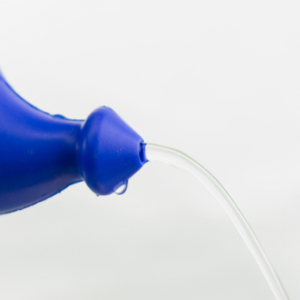
Irrigation
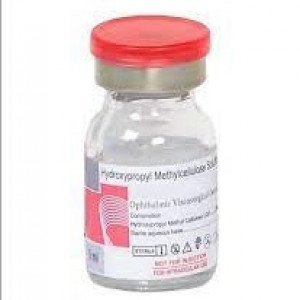
Solution
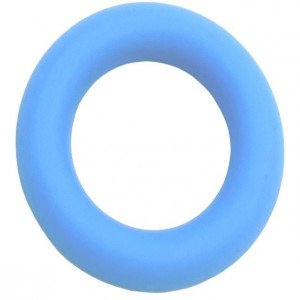
Pessary
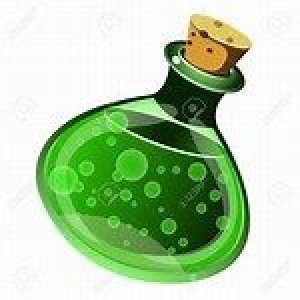
Elixir
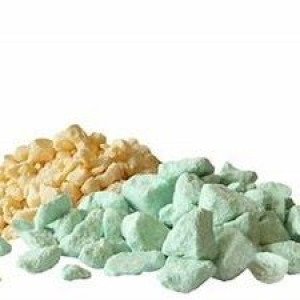
Effervescent Granules

IM/SC Injection
Solution for Inhalation, How to use Solution for Inhalation, ইনহেলেশন জন্য সলিউশন
To be happy, beautiful, healthy, wealthy, hale and long-lived stay with DM3S.